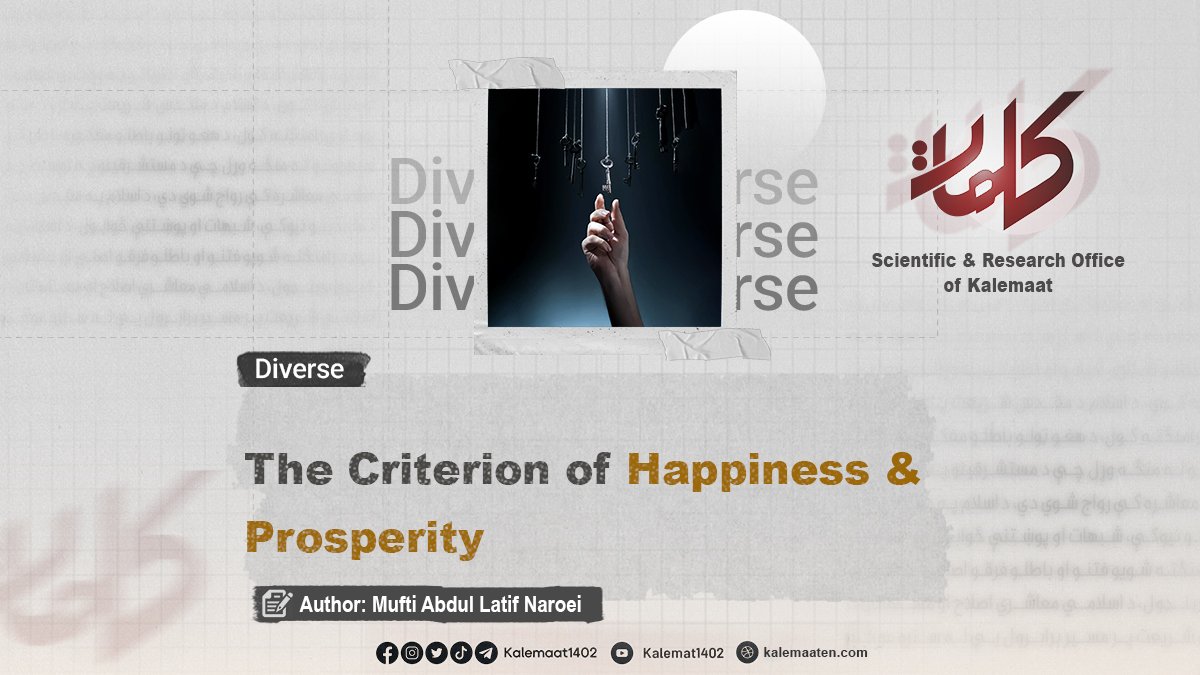
Author: Mufti Abdul Latif Naroei
The Criterion of Happiness and Prosperity
According to the words of a religious thinker: “If you don’t give your child the gift he desires, he will cry for an hour or a day. If you don’t acquaint him with knowledge, he will cry over his condition for a lifetime. But if you do not teach him religion, he will cry forever in this world and the Hereafter.”
If we examine the current situation of most Muslims today, we will sadly see that they act contrary to this principle. The main concern of many Muslim parents is to provide their children with material comforts and a luxurious lifestyle. In pursuit of this goal, they resort to every possible means and make every effort to turn their homes into a paradise for themselves and their children.
Only after securing comfort and ease do many turn their attention to education. They desire that their children learn to read and write, obtain a certificate or degree, and eventually secure a respectable job or social position. In this pursuit, days, nights, months, and years pass by. Yet, they rarely think about building the religious and spiritual foundation of their children—or if they do, they take feeble and ineffective steps in this regard that yield little result.
There is, however, a small group of Muslims who place religion at the center of their lives. They earnestly strive to familiarize their children with Islamic values and teachings, sparing no effort or sacrifice in this cause. They act with sincerity and consistent dedication to nurture their children’s faith.
If Muslims prioritize these three elements—wealth, knowledge, and religion—based on their true value and importance, giving religion the first place, followed by knowledge and then wealth, they will surely witness fruitful and lasting results. In such a society, the Islamic community could become a model in every field.
However, if the situation continues to deteriorate—if Muslims prioritize knowledge and wealth while neglecting religion—they will not achieve real success. They will lag behind in both values and progress.
If our children fail in religious education, even if they succeed in acquiring wealth and academic degrees, they will not find true happiness. In fact, that very knowledge and wealth may lead them into the pit of heedlessness and divert them from the right path.
Therefore, it is imperative for conscious and God-seeking individuals to reconsider and reform their educational and upbringing programs. They must strive to strengthen the religious foundation of the youth who are the builders of our future—so that a future full of dignity, power, and self-confidence may become a reality.


